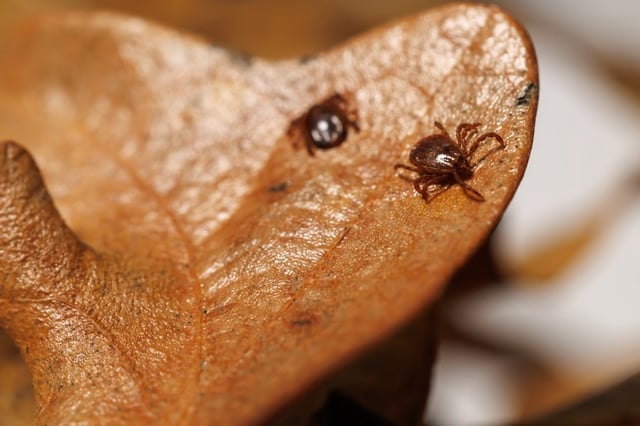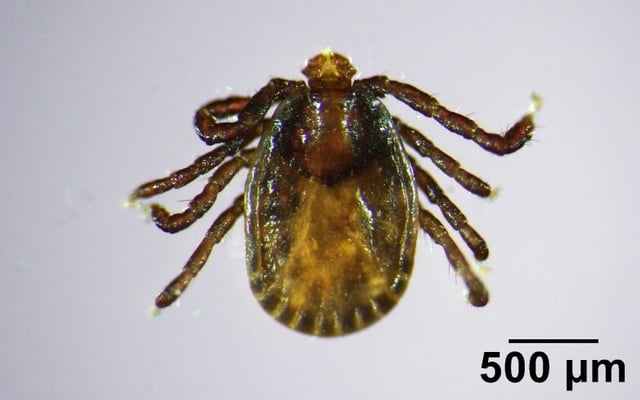Overview
- University of Maine and state conservation officials confirmed the first Maine detection after a juvenile tick was collected in southern Maine in July.
- Targeted searches in the surrounding area found no additional Asian longhorned ticks, and coordinated monitoring remains in place.
- The invasive species has spread to roughly two dozen states since its 2017 U.S. discovery, with recent reports across New England and in Michigan.
- Females can reproduce without mating, allowing a single tick to establish a new population and complicating containment.
- Heavy infestations can cause severe blood loss in livestock, and U.S. specimens have not been found to carry the bacterium that causes Rocky Mountain spotted fever, so officials advise routine tick checks, protective clothing, and prompt removal.


